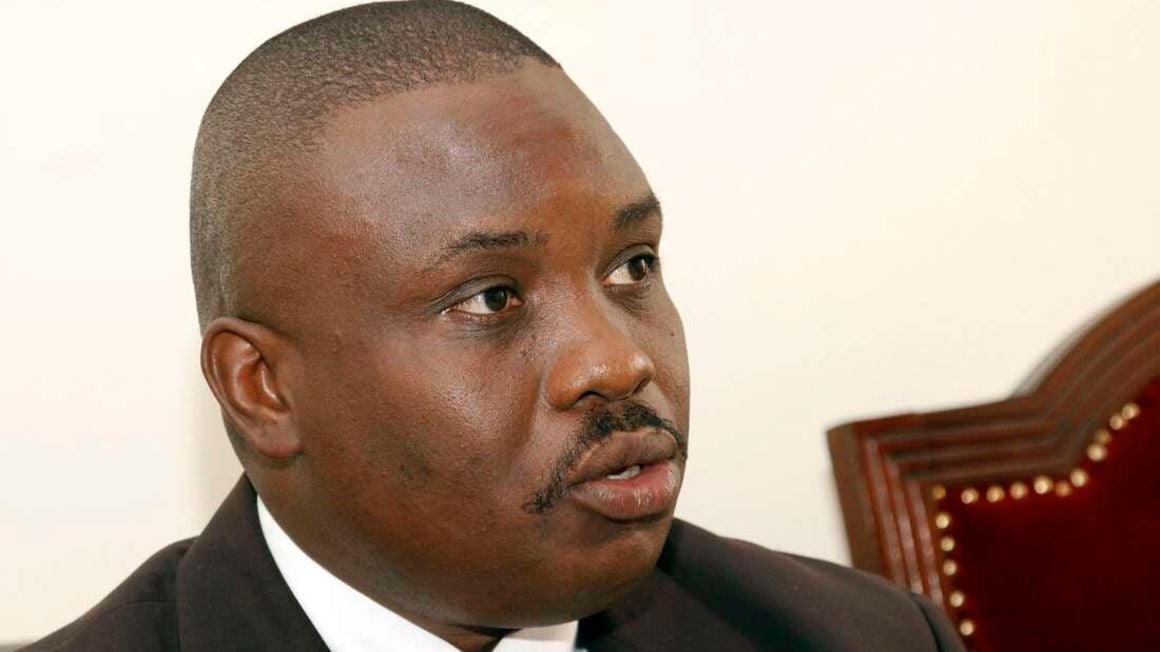Uganda’s opposition party, Forum for the Democratic Change (FDC), is tagging Kenyan authorities’ hand in the brutal arrest and deportation of the party’s members, after which they were slapped with terrorism charges.
FDC’s stalwarts had been used to police brutality in Uganda, including rough arrests and detention. But the blame for Kenya arose last week after dozens of FDC members were rounded up in Kisumu and forcibly returned to Uganda.
After that, Ugandan security authorities justified the move by alleging that the group had been in Kenya to train as terrorists.
Read: 42 Ugandan youths charged over anti-graft protest
When reached for comment on the alleged Kisumu arrests, Kenyan authorities denied playing a role in the incident, adding they had no idea the incident had happened.
“I am not aware of any arrests of foreigners in Kisumu. I am just reading those details like any other person is, in the media,” Nyanza Regional Police Commander Patrick Tito said.
“If at all there was an operation and arrests made, it was not done by my team or command,” he added.
On Thursday, the party said it would officially protest to the Kenya High Commission in Kampala over what they termed as “collusion between security agents in Kenya and Uganda” to arrest their members who were attending a training in Kisumu.
Katonga faction party president Erias Lukwago said the group of 36 members had travelled by road to the Kenyan city. However, they were arrested by a combination of Ugandan and Kenyan security services, and have been sent to Luzira Prison on charges of terrorism.
The group, comprising 34 men and two women, appeared on Monday before the Nakawa Chief Magistrates Court in Kampala.
Police in Uganda claimed in court that the group travelled, between July 22 and 23, 2024, from various parts of Uganda to Kisumu to provide or receive terrorist training.
Upon return from Kenya, the group was paraded before the media on July 24, 2024, at Kololo Independence Grounds in Kampala at which the External Security Organization (ESO) Liaison and Protocol Officer, Mr Paul Mugisha informed journalists that the group was arrested in Kisumu for engaging in suspicious activities, adding that it was the Kenyan security, which had told Uganda about the arrests before the group was returned to Kampala.
They will be brought back to court on August 31, 2024.
Kisumu County Governor Anyang’ Nyong’o condemned the arrest and called on the Kenyan security authorities to explain the circumstances.
Read: 104 people arrested in anti-corruption protests, Uganda police say
In a statement, the governor said the politicians had been lawfully allowed to enter Kenya by immigration officials to attend the meeting, adding that despite having no connections with the politicians, it was unfortunate such happened within his area of jurisdiction.
“As the governor of Kisumu where the incident happened, I challenge the Kenyan police to clarify if its officers were involved in the attack and hurried deportation of the Ugandans and the reason behind the incident.
He asked the Kenyan police to explain their involvement in the arrest since Kenya abides by the provisions of the International human rights charters and cannot be seen to curtail the rights of people.
But it has got the party’s stalwarts accusing Nairobi of playing into Uganda’s brutal hands against opposition groups,” Prof Nyong’o said on Thursday.
“Ugandan authorities should also tell the world the nature of crimes committed by the 36 politicians. Kenya is a democratic country that obeys international human rights charters and should not be used to curtail the rights of other people legally in the country.”
Kenya and Uganda would normally work under the East African Community protocols on the extradition of suspects. But in the past, controversies have happened, including the illegal rendition of Kenyans to Uganda where they faced criminal trials. By NELSON NATURINDA, The East African






